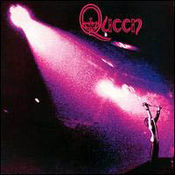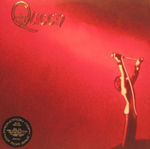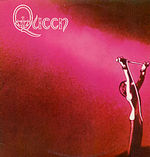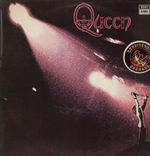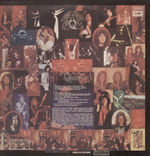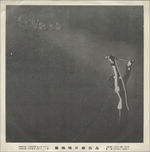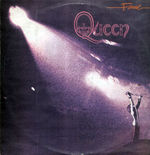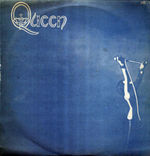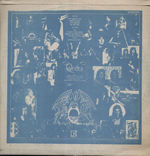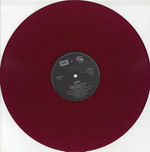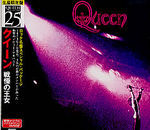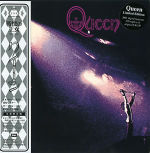From Queenpedia.com
| Line 7: | Line 7: | ||
| released = 6 July 1973 (UK), 4 September 1973 (US) | | released = 6 July 1973 (UK), 4 September 1973 (US) | ||
| recorded = January 1972 - January 1973 at Trident Studios, London ([[The Night Comes Down]] recorded September 1971 at De Lane Lea Studios, London) | | recorded = January 1972 - January 1973 at Trident Studios, London ([[The Night Comes Down]] recorded September 1971 at De Lane Lea Studios, London) | ||
| - | | length = | + | | length = 38:36 |
| label = EMI | | label = EMI | ||
| producer = Queen, Roy Thomas Baker, and John Anthony ([[The Night Comes Down]] produced by Louis Austin) | | producer = Queen, Roy Thomas Baker, and John Anthony ([[The Night Comes Down]] produced by Louis Austin) | ||
Revision as of 13:54, 20 June 2007
History of this album. Tracklists
Credits
Charts
Information supplied by Fedepeti, 24 August 2004
Liner notesRepresenting at last something of what Queen music has been over the last three years, this album was produced by John Anthony, Roy Baker, and Queen at Trident Studios, London, for Neptune Productions, and engineered by Roy Baker, Mike Stone, Ted Sharpe, David Hentschel. (The Night Comes Down recorded by Louis Austin at De Lane Lea Studios.) Our warmest thanks to Mary Lewis, Terry Yeadon, Dave Siddell, Louis Austin, Ken Testi, Peter Edmonds, Micky Russell, John Anthony, Ronnie Beck, Jack Nelson, Maureen Scully, Norman and Barry Sheffield, and all the Trident people. Queen's equipment supervised by John Harris. Queen's photographer: Douglas Puddifoot; Cover design: Douglas, Freddie, and Brian... and nobody played synthesizer. SinglesQueen TalksBrian May - 1973, Guitar Magazine "We like some of the stuff on it, but we sometimes fell into the trap of over-arrangement. You know, the songs changed over the years and some of them probably evolved too much. You can get so far into something that you forget what the song originally was. On a personal level, it was frustrating for me to take so long to get to this point. I wanted to record things with, for instance, tape echoes and multiple guitars five years ago. Now I've finally done it, but in the meantime so have other people! Which is a bit disappointing. But you have to get away from the idea that playing music is a competition. You should just keep on doing what you think is an interesting thing to do." ReviewsWinnipeg Free Press, 1974 Queen is England's latest candidate for superstardom, and don't be surprised if these guys do make it in a big way. Sure, the material is so derivitive it hurts (listen to guitarist Brian May cop riffs from Jimmy Page, Black Sabbath's Tony lomi, Jimi Hendrix and Mick Box and you'll see what I mean), but the group manages to inject such a fresh, energetic touch to most of it that I don't mind a bit. Modern Times Rock 'n' Roll is a direct cop from Led Zeppelin's Communication Break-down, right down to vocalist Freddie Mercury's ability to ape Robert Plant. With its first album, Queen has produced a driving, high energy set which in time may be looked upon with the same reverence Led Zep 1 now receives. Additional Reviews Sleeves |
|||||||||||||||||||||||||||||||||||||||||||||||||||||||||||||||||||||||||||||||||||||||||
